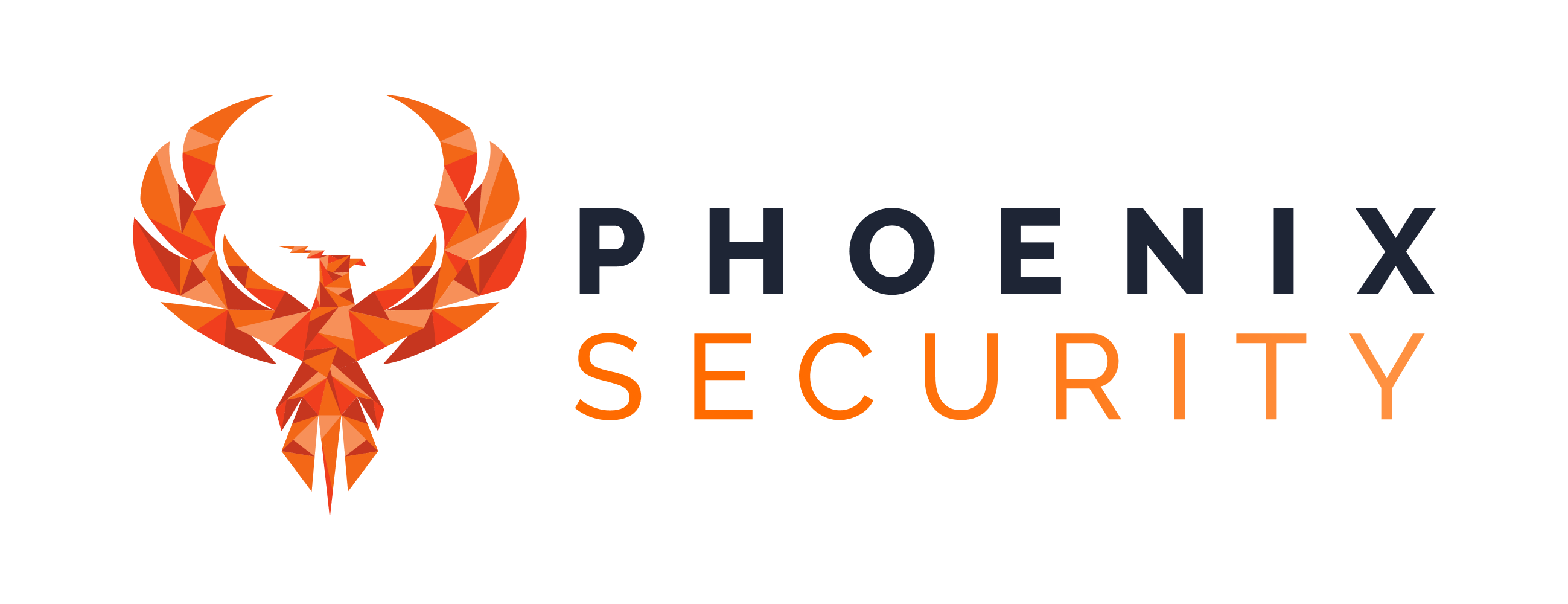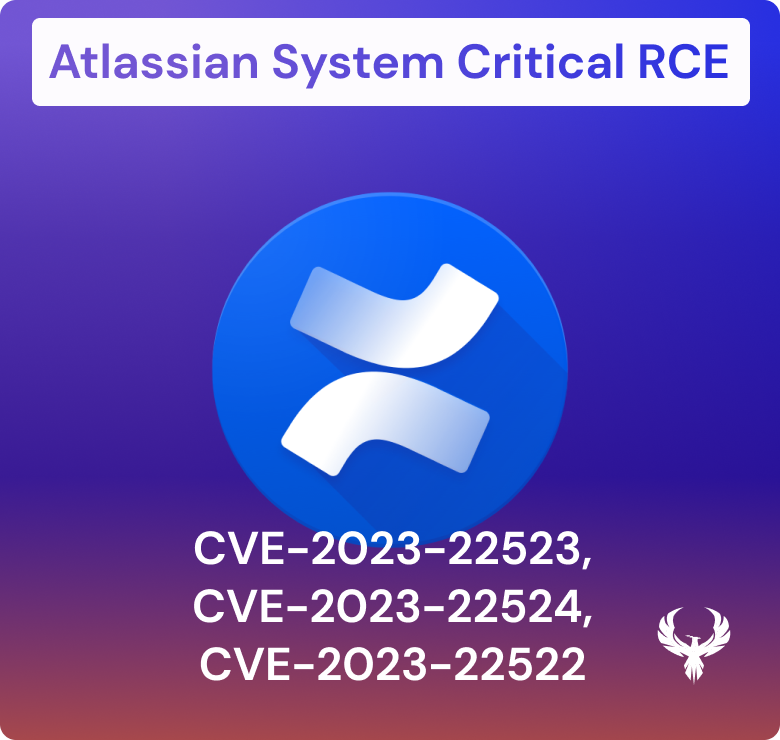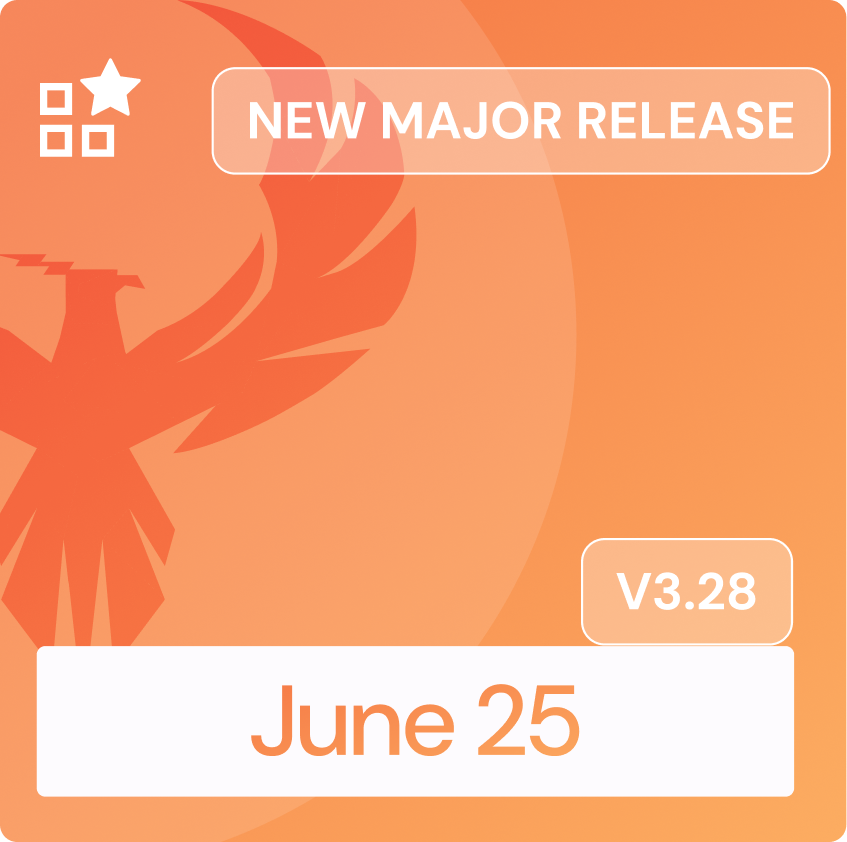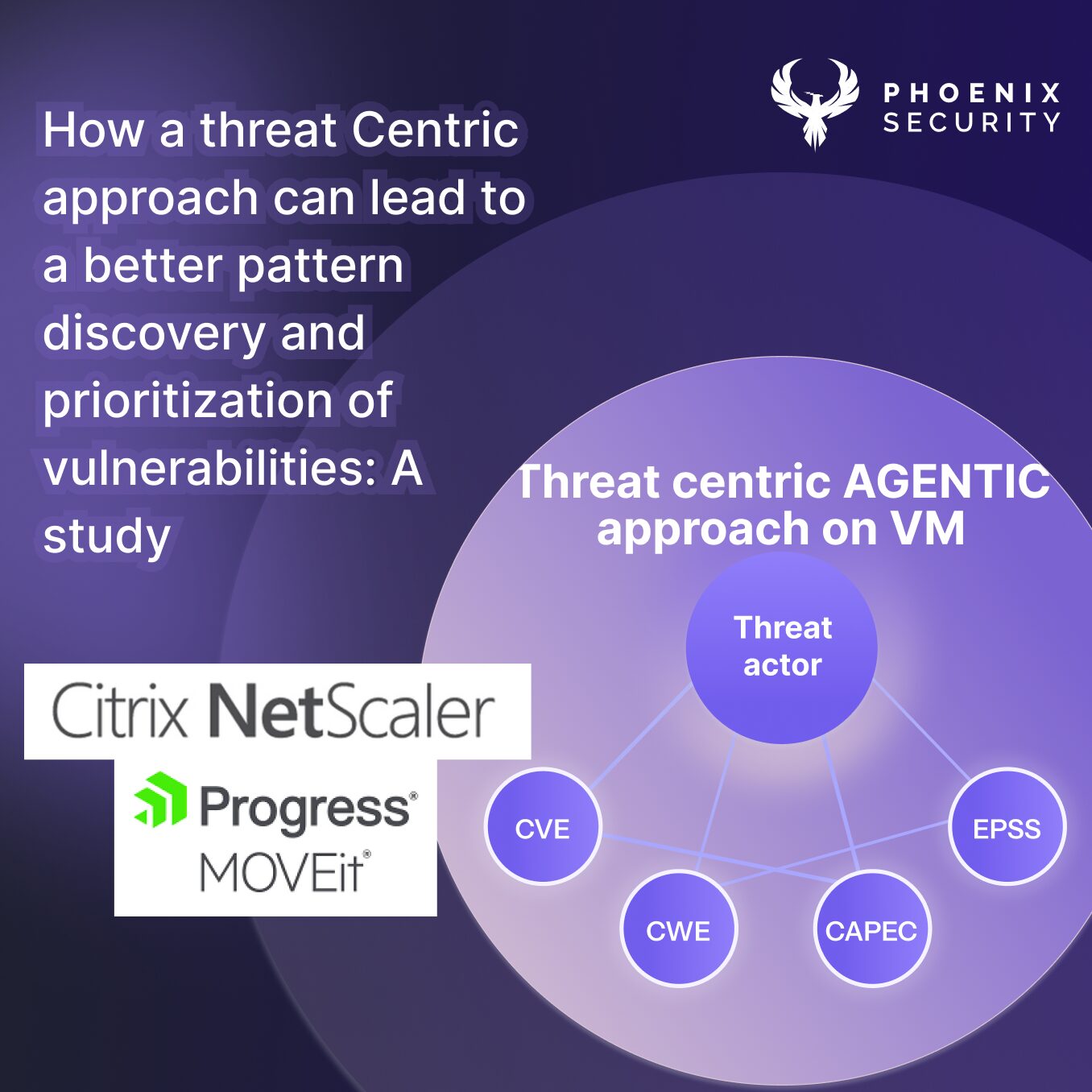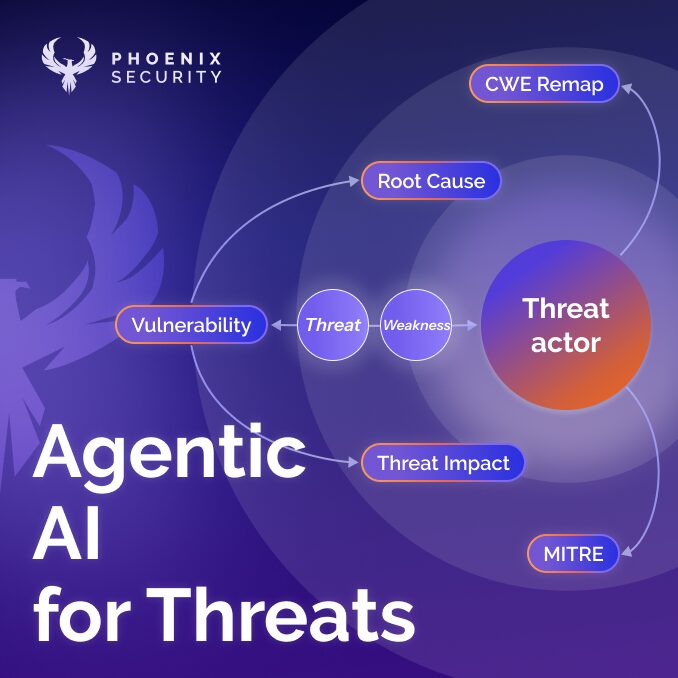
Atlassian has recently alerted that Atlassian Jira servers for Management, Confluence Data Center, and Confluence Center are all affected by remote code execution being affected by CVE-2023-22523, CVE-2023-22524, and CVE-2023-22522. As Application security posture management, we always monitor the libraries and the products that might be vulnerable. Adding to the gravity of the situation, these vulnerabilities were recently added to the CISA KEV (Known Exploited Vulnerabilities) Catalog on December 8, shortly after their disclosure by Atlassian on December 6. For further reference on prioritising vulnerability, refer to the article here.
Data Visualization of and exploitation in various datasets and in the wild
To discover this and other vulnerabilities exploited in the wild and the data behind it explore
| Security Advisory | Affected Products | Vulnerabilities |
| RCE Vulnerability in Confluence Data Center and Server | Confluence Data Center and Server | Remote Code Execution (CVE-2023-22522) |
| RCE Vulnerability in Atlassian Companion App for MacOS | Atlassian Companion App for MacOS forConfluence Data Center and Server | Remote Code Execution (CVE-2023-22524) |
| RCE Vulnerability in Assets Discovery | Assets Discovery for Jira Service Management CloudJira Service Management ServerJira Service Management Data Center | Remote Code Execution (CVE-2023-22523) |
| SnakeYAML library RCE Vulnerability impacts Multiple Products | Automation for Jira (A4J) app (including Server Lite edition)Bitbucket Data Center and ServerConfluence Data Center and ServerConfluence Cloud Migration App (CCMA)Jira Core Data Center and ServerJira Service Management Data Center and ServerJira Software Data Center and Server | Remote Code Execution (CVE-2022-1471) |
Upgrade options
As ASPM and Product security you want to upgrade to the latest version whenever possible.
In light of the recent critical vulnerabilities identified in Atlassian products – CVE-2023-22523, CVE-2023-22524, and CVE-2023-22522 – organizations using Atlassian software to understand which versions are affected and the recommended upgrade paths must ensure security and compliance. Here’s a detailed guide to help navigate these updates effectively:
Affected Versions and Recommended Upgrades for CVE-2023-22523, CVE-2023-22524, CVE-2023-22522
- CVE-2023-22523 (Assets Discovery for Jira Service Management)
- Affected Versions: All versions prior to Assets Discovery 3.2.0-cloud / 6.2.0 data center and server.
- Recommended Upgrade:
- For Jira Service Management Cloud: Upgrade to Assets Discovery 3.2.0-cloud or later.
- For Jira Service Management Data Center and Server: Upgrade to Assets Discovery 6.2.0 or later.
- CVE-2023-22524 (Atlassian Companion App for MacOS)
- Affected Versions: All versions of Atlassian Companion App for MacOS up to but not including 2.0.0.
- Recommended Upgrade:
- Upgrade to Atlassian Companion App for MacOS version 2.0.0 or later.
- CVE-2023-22522 (Confluence Data Center and Server)
- Affected Versions: All Confluence Data Center and Server versions start from 4.0.0 onwards, including series 4.x.x, 5.x.x, 6.x.x, 7.x.x, and various versions of 8.x.x.
- Recommended Upgrade:
- Upgrade to Confluence Data Center and Server version 7.19.17 (LTS), 8.4.5, 8.5.4 (LTS), or a later version
Vulnerability analysis and deep dive
The Severity of CVE-2023-22523 in Assets Discovery
CVE-2023-22523 poses a significant risk as it allows remote code execution (RCE) in Assets Discovery for Jira Service Management. This vulnerability, affecting both Cloud and Data Center/Server versions, can enable attackers to execute code with elevated privileges on machines with the Assets Discovery agent installed. Given its critical nature, with a CVSS score of 9.8, organizations using Jira Service Management must act swiftly to apply the necessary patches.
CVE-2023-22524: A Threat to Atlassian Companion App for MacOS
Another alarming issue is CVE-2023-22524, which impacts the Atlassian Companion App for MacOS. This RCE vulnerability can be exploited through WebSockets, allowing attackers to bypass both the app’s blocklist and MacOS Gatekeeper. Affecting versions up to but not including 2.0.0, this issue, rated at a CVSS score of 9.6, calls for immediate updates to the latest version of the Companion App to ensure security.
Confluence at Risk: CVE-2023-22522
The third critical issue, CVE-2023-22522, affects Confluence Data Center and Server. This template injection flaw enables attackers, even those with anonymous access, to inject unsafe user input into a Confluence page, leading to RCE. With a CVSS score of 9.0, addressing this issue is imperative for organizations using Confluence.
Addressing the Vulnerabilities
To mitigate these vulnerabilities, Atlassian has released patches and advises users to update their software immediately. For CVE-2023-22523, uninstalling Assets Discovery agents and applying the latest patch is recommended. For CVE-2023-22524, updating the Atlassian Companion App for MacOS to version 2.0.0 or later is crucial. As for CVE-2023-22522, patching to the latest or fixed LTS version of Confluence Data Center and Server is necessary.
The Broader Context: The Apache ActiveMQ Vulnerability
In addition to these Atlassian-specific vulnerabilities, there is an overarching concern in the form of a critical security flaw in Apache ActiveMQ (CVE-2023-46604). This issue, affecting Atlassian’s Bamboo Data Center and Server products, underlines the interconnected nature of cybersecurity threats and the need for comprehensive security strategies.
Exploitation and analysis of CVE-2023-22523, CVE-2023-22524, CVE-2023-22522
Currently, there are 164,020 servers exposed over the web; since the 5th of December, there has been an increase in exploitation activity.

There is not a lot of active exploitation for those vulnerabilities nor weaponisation.
EPSS Score for CVE-2023-22523, CVE-2023-22524, CVE-2023-22522
As the vulnerabilities are not yet weaponised or popular and relatively freshly published, the epss score is relatively low.
- CVE-2023-22523 – 0.000640000
- CVE-2023-22524 – 0.00045
- CVE-2023-22522 – 0.000530000
How Phoenix Security Can Help

Phoenix Security helps organizations identify and trace which systems have vulnerabilities, understanding the relation between code and cloud. One of the significant challenges in securing applications is knowing where and how frameworks like Struts are used. ASPM tools can scan the application portfolio to identify instances of Struts, mapping out where it is deployed across the organization. This information is crucial for targeted security measures and efficient patch management. Phoenix Security’s robust Application Security Posture Management (ASPM) system is adept at not just managing, but preempting the exploitation of vulnerabilities through its automated identification system. This system prioritises critical vulnerabilities, ensuring that teams can address the most pressing threats first, optimising resource allocation and remediation efforts.
The Role of Application Security Posture Management (ASPM):
ASPM plays a vital role in managing and securing applications like those built with Apache Struts. It involves continuous assessment, monitoring, and improvement of the security posture of applications. ASPM tools can:
- Identify and Track Struts Components: Locate where Struts is implemented within the application infrastructure.
- Vulnerability Management: Detect known vulnerabilities in Struts and prioritize them for remediation.
- Configuration Monitoring: Ensure Struts configurations adhere to best security practices.
- Compliance: Check if the usage of Struts aligns with relevant cybersecurity regulations and standards.
By leveraging Phoenix Security, you not only unravel the potential threats but also take a significant stride in vulnerability management, ensuring your application security remains up to date and focuses on the key vulnerabilities.
Get in control of your Application Security posture and Vulnerability management
Previous Issues of Vulnerability Weekly
- Apache Active MQ
- Atlassian Critical Vulnerability Exploited by nation-state CVE-2023-22515
- Critical vulnerability F5
- How to update curl and libcurl without panic fixing
- Critical Vulnerabilities in Atlassian Confluence: Zero-Day
- Detect & Mitigate HTTP/2: Rapid Reset Vulnerabilities
- Understanding the libcue Vulnerability CVE-2023
- Understanding and fixing Curl and libcurl
- MOVEit Transfer breach, Zellis compromise CVE-2023-34362
Other Useful resources
Data Visualization of vulnerabilities in the wild
- CISA KEV: https://phoenix.security/what-is-cisa-kev-main/
- Exploit in the wild: https://phoenix.security/what-is-exploitability/
- OWASP/Appsec Vulnerability: https://phoenix.security/what-is-owasp-main/
- CWE/Appsec Vulnerabilities: https://phoenix.security/what-is-cwe-main/
